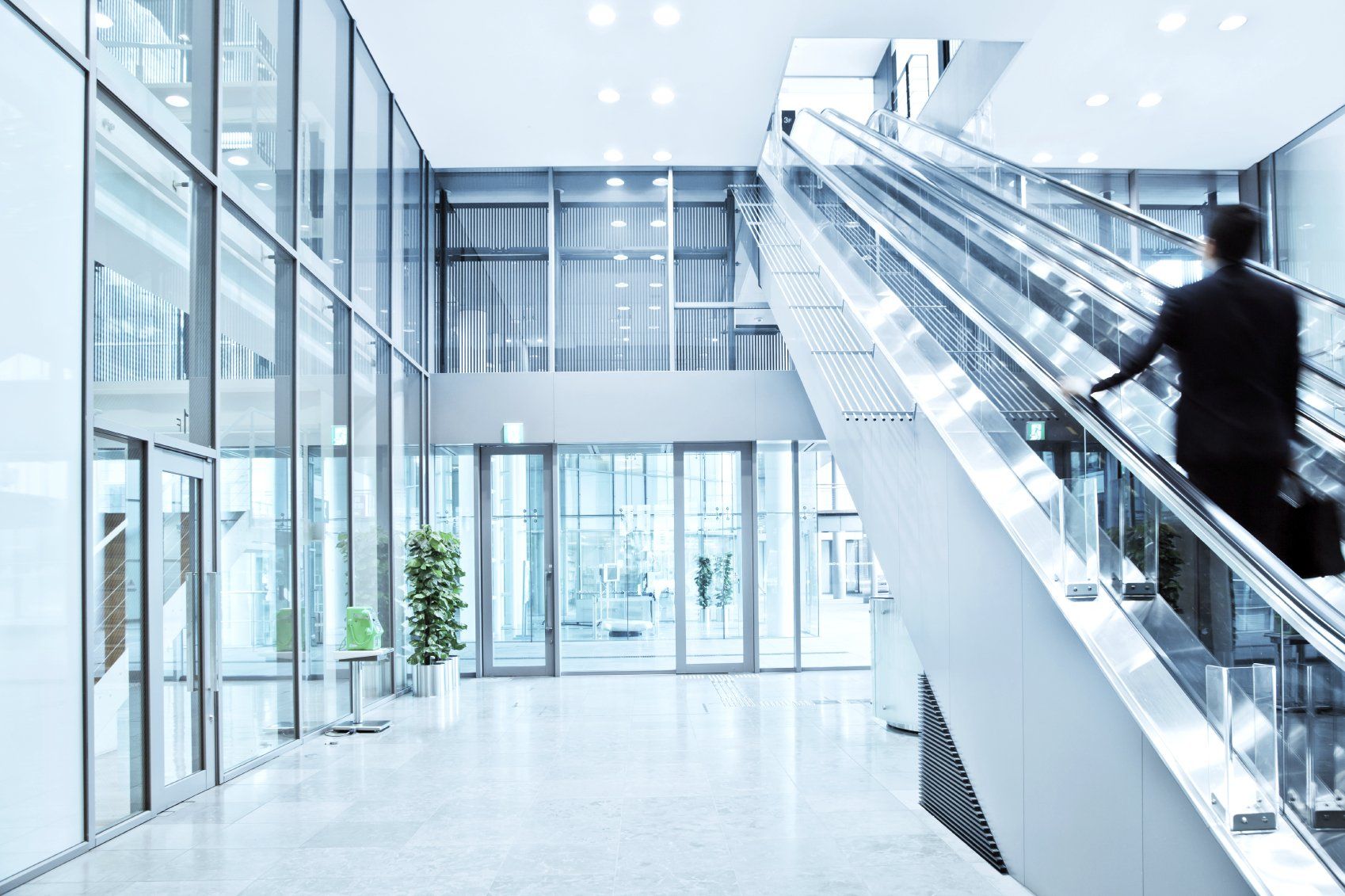Flying with Medical Equipment
Travelling with Essential Medical Equipment
Destination decided, and for most people the planning for a short trip or a longer holiday is quite straightforward. But what if you also need to factor in carrying essential medical equipment on your travels? If your medical condition means you rely on medical equipment for your everyday comfort and survival, navigating the rules and regulations for travelling with these items can be confusing and complex. You may have sleep apnoea and require a CPAP machine, a respiratory condition for which supplemental oxygen is vital or a renal condition which means carrying a portable dialysis machine.
The CAA is only able to provide specific guidance on essential medications, essential nutritional items and CPAP machines, so it’s reasonably straightforward if these are the items you need to carry
But it is advisable to check with your airline to confirm you will be taking any of these items on board. For more information visit: UKCAA
Portable ventilators, oxygen, oxygen concentrators and dialysis machines are very different. Oxygen is combustible, ventilators and dialysis machines require a power source and often contain a lithium- ion battery for which there are various regulations about transporting. While the medical industry has come along in leaps and bounds in making medical devices compact and transportable, there is limited space on a flight and these items need to be positioned properly when using during a flight so provision needs to be made for this.
Flying with Oxygen
This is perhaps the most complex of therapies to accommodate when travelling.
The CAA doesn’t give much advice about carrying medical oxygen other than a cylinder must fit underneath a seat and to contact your chosen airline well in advance of travel. However, your oxygen provider will be able to assist you with options and advice on how your needs can be met on a plane and a cruise. There is likely to be additional cost if they are supplying you with equipment to travel outside the UK. The British Lung Foundation can provide you with some advice.
Fitness to Fly - oxygen
Due to air pressures in a plane, you may need to be assessed for your suitability to travel if you have
a respiratory condition which requires oxygen in certain atmospheric conditions, even if you don’t require it on a regular basis. A Hypoxic Challenge Test (HCT) can be requested by your consultant, nurse, and GP, it is performed in a hospital lung function laboratory and simulates a cabin pressure using 15% oxygen.
Fitness to fly - general
A completed Fitness to Fly certificate often known as a Medical Information Form (MEDIF) will be required by all airlines in the following circumstances:
- You’ve had a recent Illness, hospitalisation, injury or surgery
- You have an existing unstable medical condition
- You need to use medical equipment or therapeutic oxygen on board
MEDIF forms can be obtained from your airline or GP. There will be a cost for this to be completed.
Cruising with Medical Equipment
Cruise operators also have rules about carrying medical equipment and oxygen so it’s important you check these well in advance of your holiday. If you have any equipment that requires a power source to operate/re-charge, you need to check if their power supply is suitable to run your equipment effectively.
There are companies that specialise in supplying medical equipment for cruises such as Omega Advanced Aeromedical.
Travel Insurance
Anyone travelling with a medical condition should have appropriate travel insurance cover in place. Any medical care required overseas could be potentially very expensive. So make sure you’ve declared all your pre-existing medical conditions when you buy your travel insurance.
Be organised and enjoy your holiday!
The key to an enjoyable, relaxing holiday when travelling with medical equipment is to be organised. Yes, you will have extra things to consider and plan but it will be worth it, and help is out there to make it all possible.








